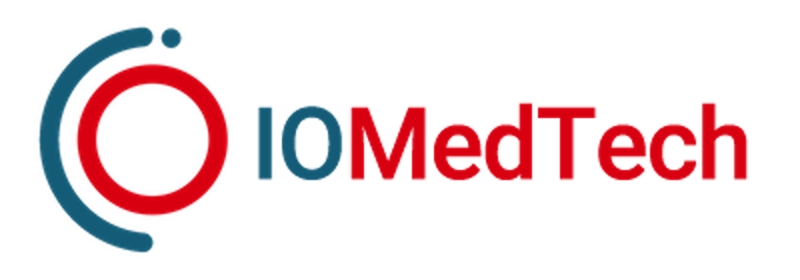Artificial Intelligence (AI) has emerged as a transformative force in the field of medical sciences, driving advancements across a diverse range of applications. These include diagnostics, drug discovery, patient-physician communication, medical documentation transcription, and even remote treatment. While computers have traditionally been valued for their efficiency, recent developments in AI algorithms now rival human expertise in certain medical domains, challenging long-held boundaries in healthcare. As speculation grows about AI replacing humans in specific medical roles, it becomes imperative to distinguish tangible advancements from exaggerated claims.
This article explores the profound impact of AI on medical sciences, detailing its applications, evaluating its potential, and highlighting the ethical imperatives essential to its implementation.

Martial arts figure prominently in many Asian cultures, and the first known traces.
AI Beyond Medicine: A Catalyst for Innovation Across Industries
Artificial intelligence is not exclusive to medicine; its capabilities span numerous industries, including finance, education, supply chain management, manufacturing, retail, and technology. AI drives innovations such as search engine optimization (e.g., Google), personalized content recommendations (e.g., Netflix), targeted advertising (e.g., Facebook), and autonomous vehicle technologies (e.g., Tesla).
Everyday examples of AI in action include spam filtering in email systems, fitness tracking via smartwatches, and product recommendations based on user purchasing habits. These technologies enhance daily life by simplifying tasks and tailoring user experiences, underscoring the adaptability of AI to human needs.
AI in Medical Sciences: Current Applications and Future Directions
In healthcare, AI has become an indispensable tool, enabling tasks that range from automated disease diagnosis to precision treatment planning. Its integration follows a typical workflow: vast datasets are processed using machine learning algorithms to extract actionable insights, which are then applied to address specific medical challenges.
Key applications include:
- Symptom Analysis and Patient Matching: AI systems match patient-reported symptoms to the most appropriate medical specialist or treatment.
- Disease Diagnosis: Machine learning algorithms analyze medical images, lab results, and clinical data with accuracy levels comparable to those of human specialists.
- Prognostics: Predictive models assess disease progression and treatment outcomes, aiding clinical decision-making.
- Drug Discovery: AI accelerates the identification of viable drug candidates by analyzing molecular data and predicting therapeutic outcomes.
- Language and Workflow Support: AI-powered bots assist with medical transcription, language translation, and the organization of clinical documents and images.
These capabilities illustrate how AI is redefining the practice of medicine, streamlining workflows, and improving patient care.

Understanding AI: Origins and Core Principles
Artificial intelligence, as a field of study, is dedicated to creating intelligent systems capable of performing tasks that typically require human cognition, such as perception, decision-making, and language processing. The term “artificial intelligence” was first introduced in 1956 at the Dartmouth Conference, organized by computer scientist John McCarthy. However, its foundational concepts date back to Alan Turing’s groundbreaking “Turing Test,” which sought to define machine intelligence, and Dietrich Prinz’s early work on chess-playing programs.
Today, AI is a multidisciplinary field that integrates computer science, mathematics, data science, and engineering. Its implementation in healthcare represents a convergence of these disciplines to address critical medical challenges.
Ethics and Collaboration: The Future of AI in Medicine
The widespread adoption of AI in healthcare requires a collaborative approach that bridges technology and clinical practice. Interdisciplinary cooperation is essential to ensure the development of ethical, unbiased AI systems that respect patient privacy and uphold medical standards.
The path forward must address key challenges, including:
- Bias in Algorithms: Ensuring equitable outcomes for diverse patient populations.
- Data Privacy: Protecting sensitive medical information from breaches.
- Regulation and Accountability: Establishing clear guidelines for AI implementation in clinical settings.
By fostering a culture of innovation grounded in ethical principles, AI can fulfill its potential to revolutionize medical sciences while safeguarding human values.





